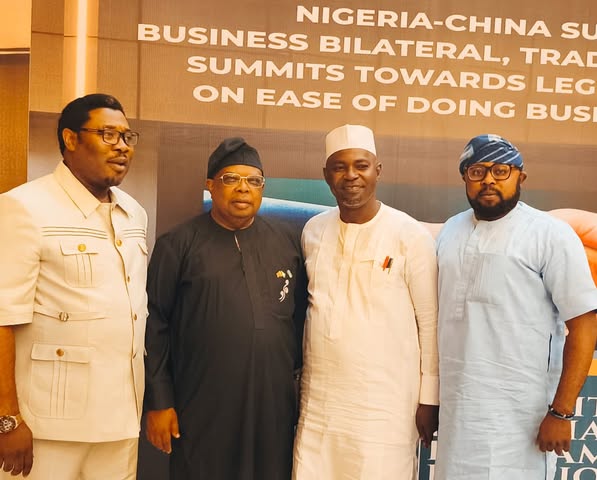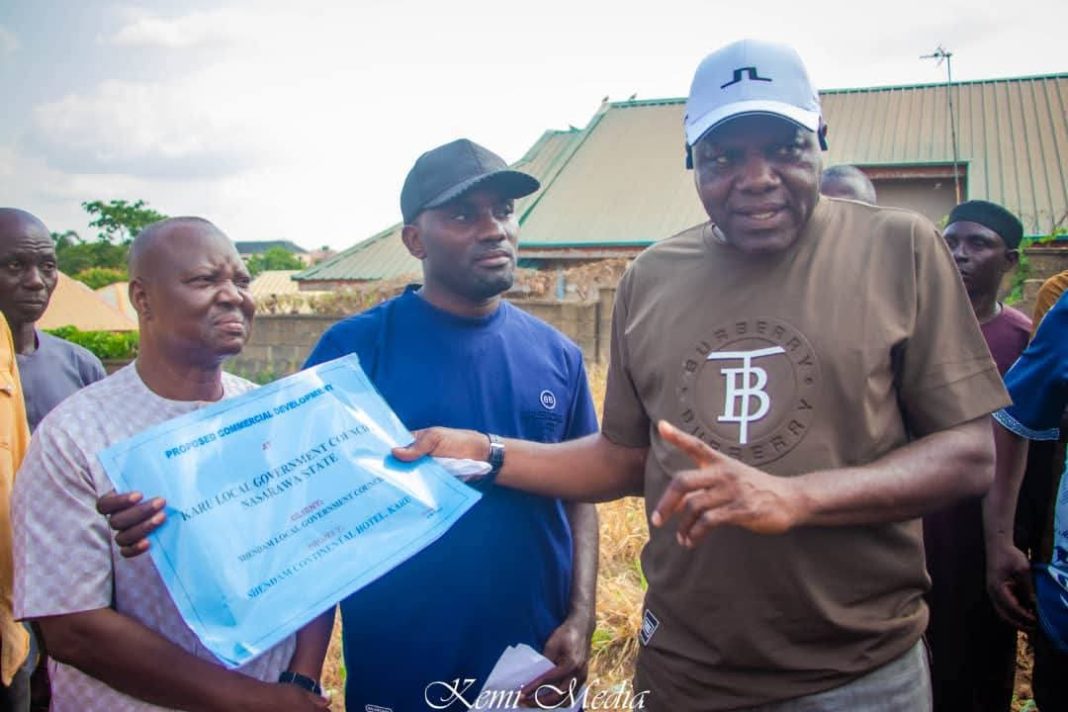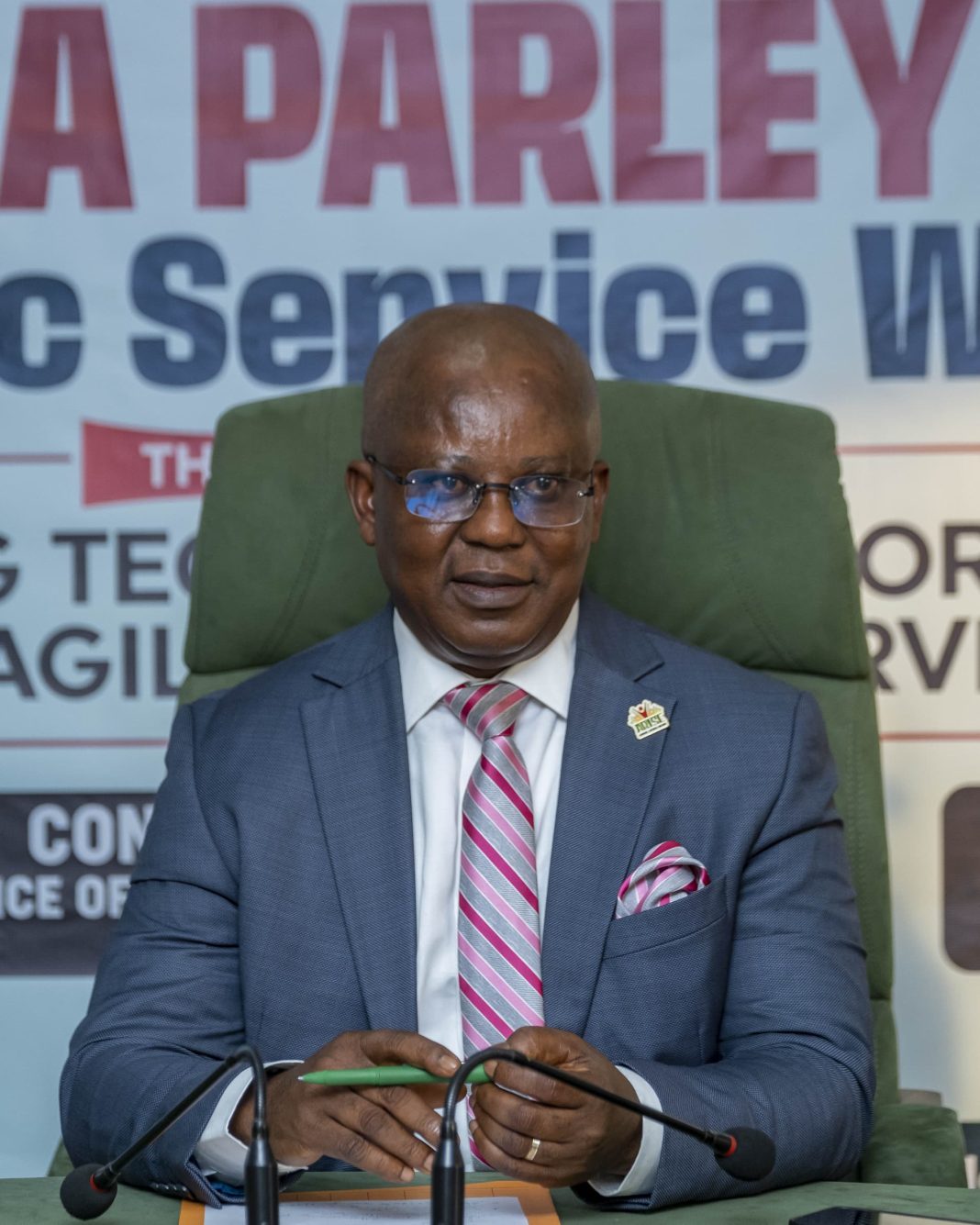The Director-General of the Nigeria-China Strategic Partnership (NCSP), Mr. Joseph Tegbe, has called for robust legislative support to accelerate Nigeria’s economic engagement with China.
Speaking at the Summit on Legislative Agenda on Ease of Doing Business, organised by the House of Representatives Committee on Nigeria-China Parliamentary Relations, Tegbe hailed the initiative as a timely and historic step toward institutionalising Nigeria’s strategic partnership with China.
He described China as a central economic partner and urged lawmakers to align Nigeria’s legal and regulatory frameworks with global trade realities. Tegbe emphasised that sustained legislative backing is critical to unlocking the full potential of Chinese investments and translating bilateral commitments into long-term economic growth.
Referencing China’s recent removal of tariffs on exports from 53 African nations, including Nigeria, he highlighted the opportunity for Nigerian exporters to scale their access to Chinese markets. He also cited over $15 billion in Chinese investments currently facilitated by the NCSP across agriculture, automotive manufacturing, mineral development, oil and gas, and urban mobility.
“To fully harness the gains of this partnership, the right legislative instruments must be in place,” he stated, calling for targeted reforms in trade facilitation, industrial policy, land use, education, and environmental legislation.
Also speaking at the summit, Chairman of the House Committee on Nigeria-China Relations, Hon. Jaafaru Yakubu, described the event as “a legislative milestone” and the first of its kind led by a national parliamentary committee.
“This summit is not just a diplomatic gesture,” Yakubu said, “it is a step toward eliminating trade bottlenecks, fostering policy coherence, and enhancing Nigeria’s global competitiveness.”
Declaring the summit open on behalf of the Speaker of the House of Representatives, Rt. Hon. Tajudeen Abbas, House Minority Leader, Hon. Kingsley Chinda described the event as “a landmark convergence of policy vision, private-sector innovation, and global partnership.”
He noted that Nigeria’s relationship with China has evolved into a Comprehensive Strategic Partnership and stressed the need for legislation that unlocks foreign direct investment, modernises infrastructure, and drives innovation in critical sectors such as agriculture, energy, and manufacturing.
The summit is expected to culminate in a set of formal recommendations to be submitted to the National Assembly as a comprehensive legislative proposal underscoring Nigeria’s resolve to shift from transactional engagements with China to long-term, transformative partnerships backed by law.





